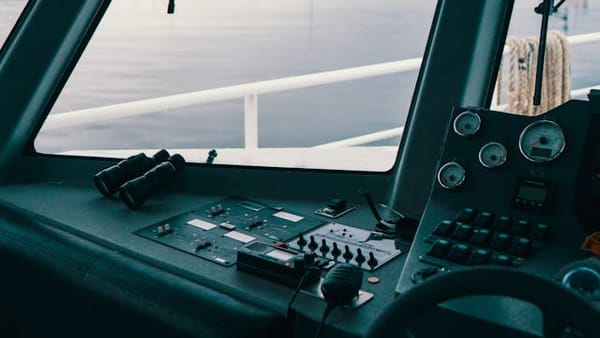Boat Trailers: Keeping Trailer Wheel Bearings Safe, Reliable and Ready for the Road
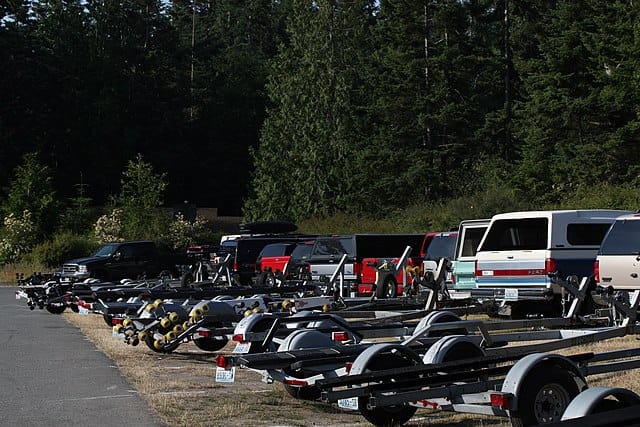
Boat trailers play a crucial role in ensuring that your boat reaches the water safely. Often, the key components that make this possible are overlooked until something goes wrong. One such component is the wheel bearings. Properly maintained wheel bearings keep your boat trailer reliable, rolling smoothly and ready for the road. They can prevent costly damage or accidents.
Keep reading to explore the role of wheel bearings in a boat trailer, why maintaining them is essential and how to service them.
What Are Wheel Bearings?
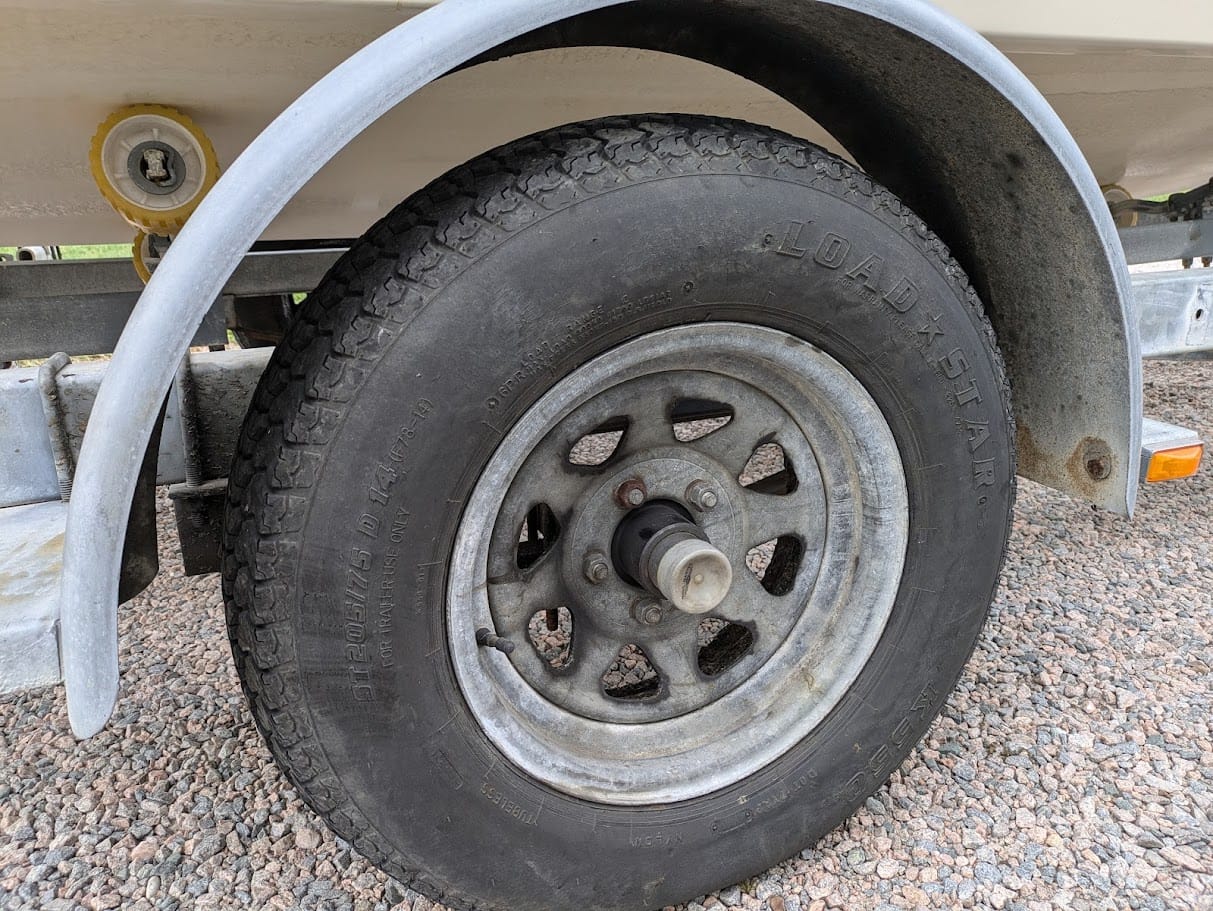
Wheel bearings are small, metal components located within the wheel hub of your trailer’s tires. They consist of tiny steel balls or rollers encased in a metal ring, which allow the trailer's wheels to rotate with minimal friction.
The wheel bearings ensure that the weight of the trailer and boat is distributed evenly while the wheels spin freely as you drive. Without well-maintained bearings, your trailer’s wheels would generate too much friction, leading to heat build-up, and potentially causing failure while on the road trailering from home or boat docks for rent.
Why Maintaining Wheel Bearings Is Important
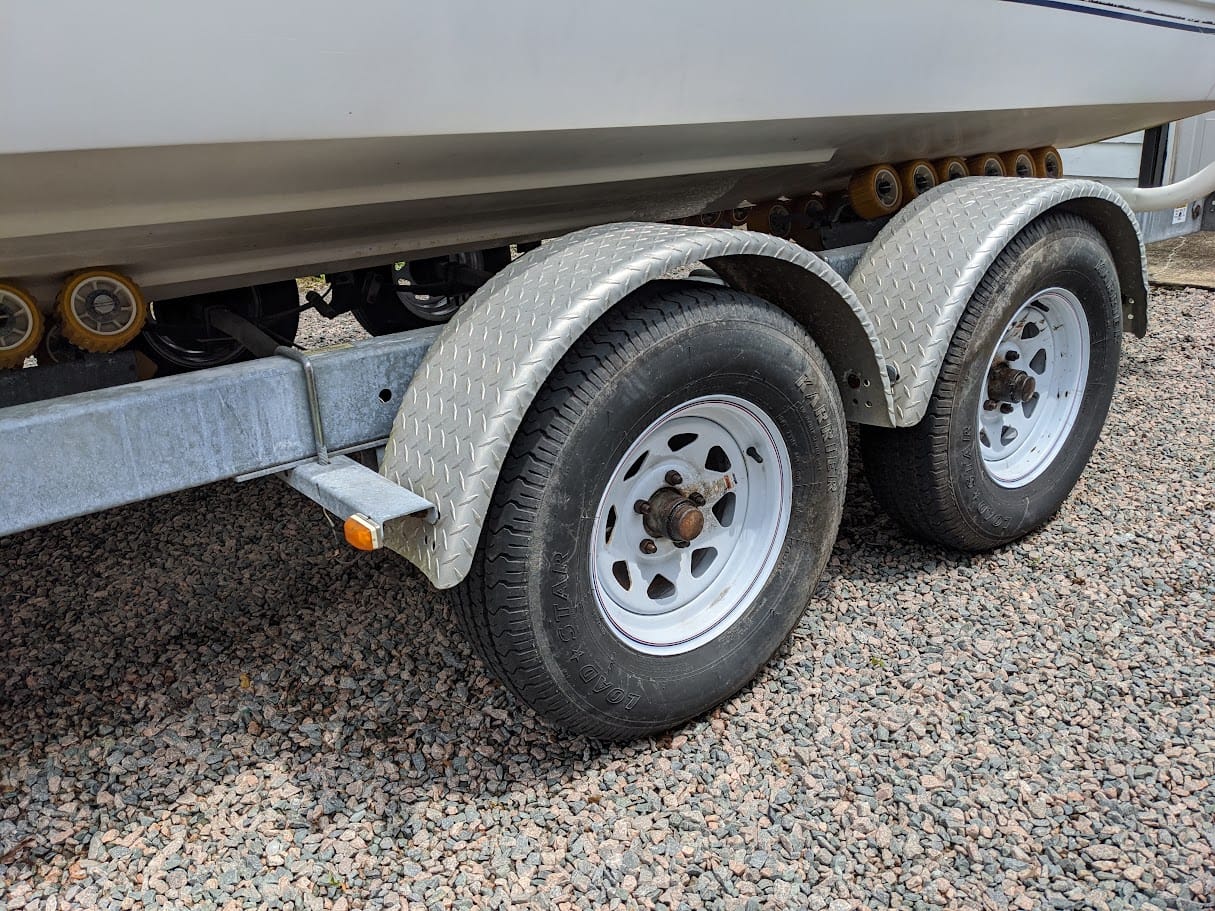
- Prevents Failures: Failing to maintain your wheel bearings can result in overheating, which leads to bearing seizure. This can cause your wheel to lock up, potentially resulting in a serious accident or damage to the trailer or boat.
- Avoids Costly Repairs: If bearings go unserviced for too long, they can wear out, corrode, or become damaged beyond repair, leading to the need for a complete hub replacement. Regular servicing saves you money in the long run.
- Protects from Water Exposure: Because boat trailers are often submerged in water during launch and retrieval, the bearings are exposed to moisture, which can lead to rust and corrosion. Saltwater, in particular, is highly corrosive. Greasing and servicing bearings ensure they’re protected from water intake
- Ensures Smooth Towing: Well-maintained bearings provide a smoother towing experience from home or private boat lift rentals. Proper lubrication and adjustments mean less friction, resulting in less strain on your vehicle’s engine and better fuel efficiency.
Signs Your Wheel Bearings Need Attention
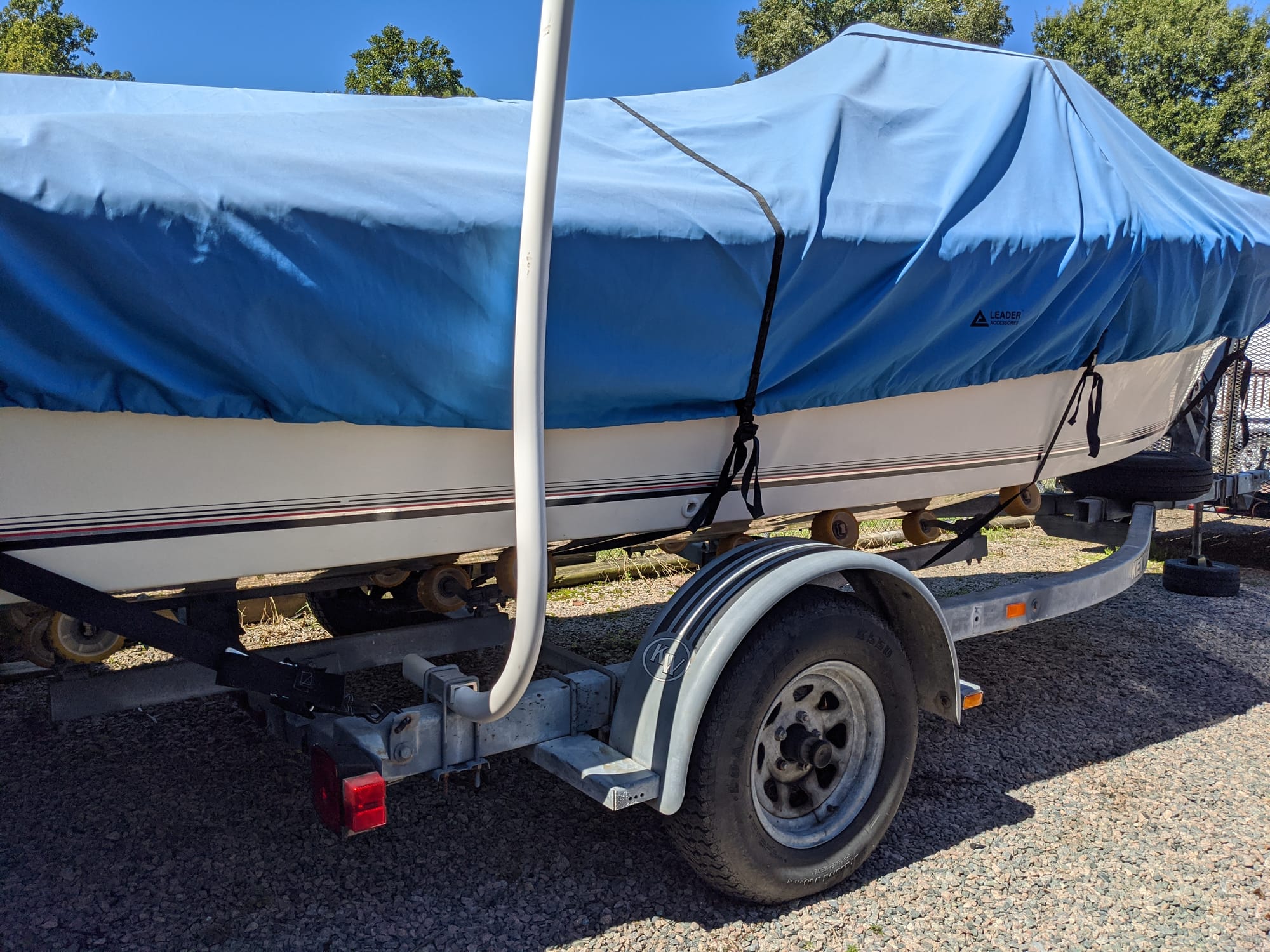
It’s important to recognize the signs that your wheel bearings need maintenance or replacement. Some common indicators include:
- Unusual Noises: Grinding, humming or squealing noises while towing your trailer can signal that your bearings are worn or damaged.
- Wheel Play: Excessive movement in the wheel (side-to-side or up and down) when you grab it could indicate loose or worn bearings.
- Heat: After a trip, touch the trailer hub (carefully). If it’s excessively hot, it could mean the bearings are overheating and need immediate attention.
- Rusty or Dirty Grease: If you notice discolored or dirty grease while inspecting your bearings, it’s a sign that they need to be cleaned or replaced before trailering to boat slips for rent.
How to Maintain and Replace Wheel Bearings
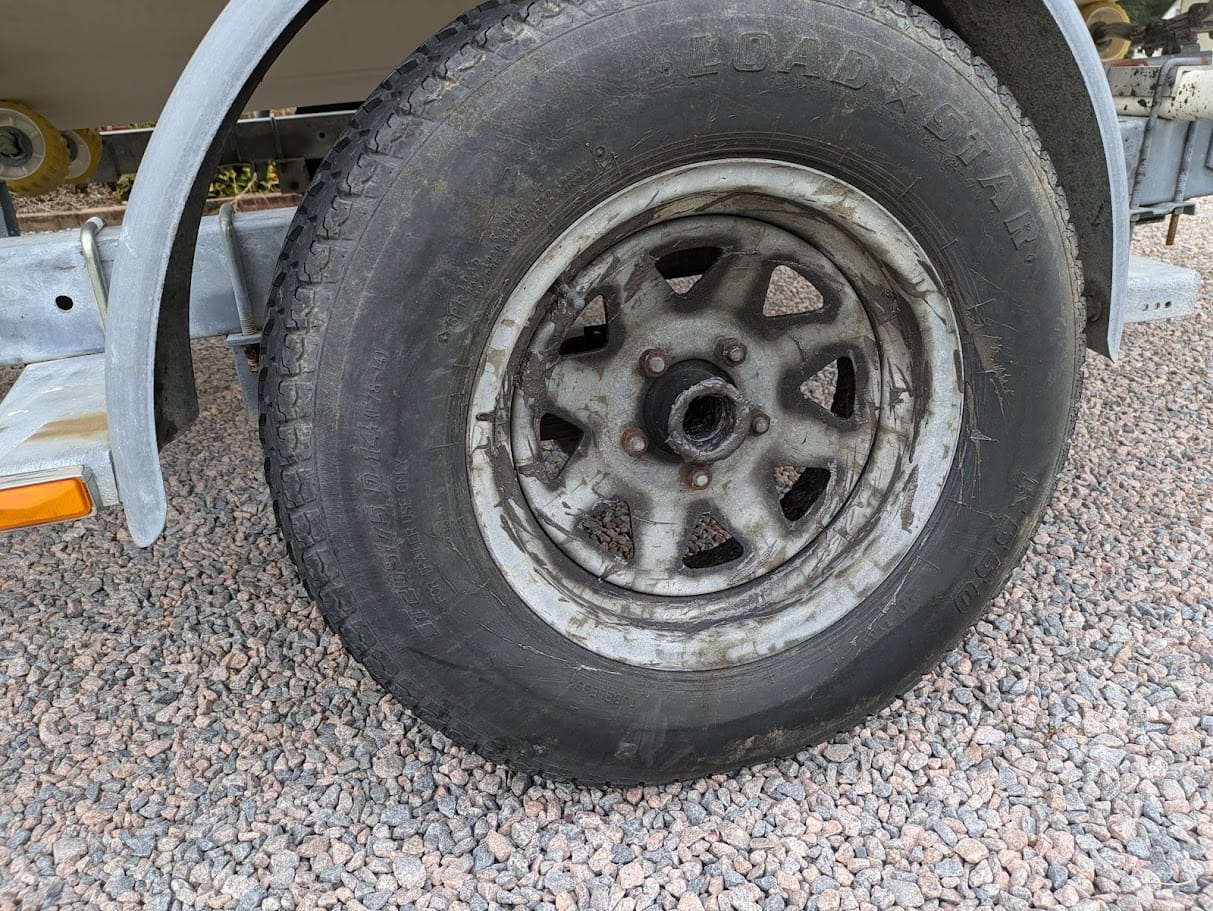
Proper maintenance of your wheel bearings is essential for keeping them in good working condition. Here are the key steps involved in maintaining or replacing your bearings.
- Regular Inspection: Periodically inspect your wheel bearings, especially before and after long trips or at the beginning of boating season. Look for signs of wear, rust or heat damage.
- Grease Bearings Regularly: Apply fresh marine-grade grease to the bearings every 12 months to ensure they’re properly lubricated. Marine-grade grease is designed to withstand the harsh conditions of water exposure, especially saltwater. Some trailers have “grease fittings” or bearing buddies, which make this task easier.
- Bearing Replacement: If your bearings are worn or damaged, you’ll need to replace them. This involves removing the wheel, hub and old bearings. Then, clean the hub thoroughly, apply fresh grease and install new bearings. You should also check and, if necessary, replace the races (the surfaces the bearings ride on) and seals.
- Seals and Caps: The wheel hub should have a seal or cap in place to prevent water and dirt from entering. Check that these are in good condition and replace them if they show signs of wear or leakage.
- Keep Bearings Dry: Avoid submerging the trailer for extended periods when launching or retrieving the boat from private boat docks for rent. Once the boat is out of the water, allow time for any water to drain from the hub area.
How Often Should Bearings Be Serviced?
Wheel bearings should be inspected and greased at least once a year, especially if you tow frequently or make long trips. If you regularly launch in saltwater - such as the Atlantic Ocean, Chesapeake Bay or Gulf of Mexico - you might need to inspect and re-grease them more often, as the salt can accelerate corrosion. Bearings should be replaced every one to two years, depending on wear and tear.



